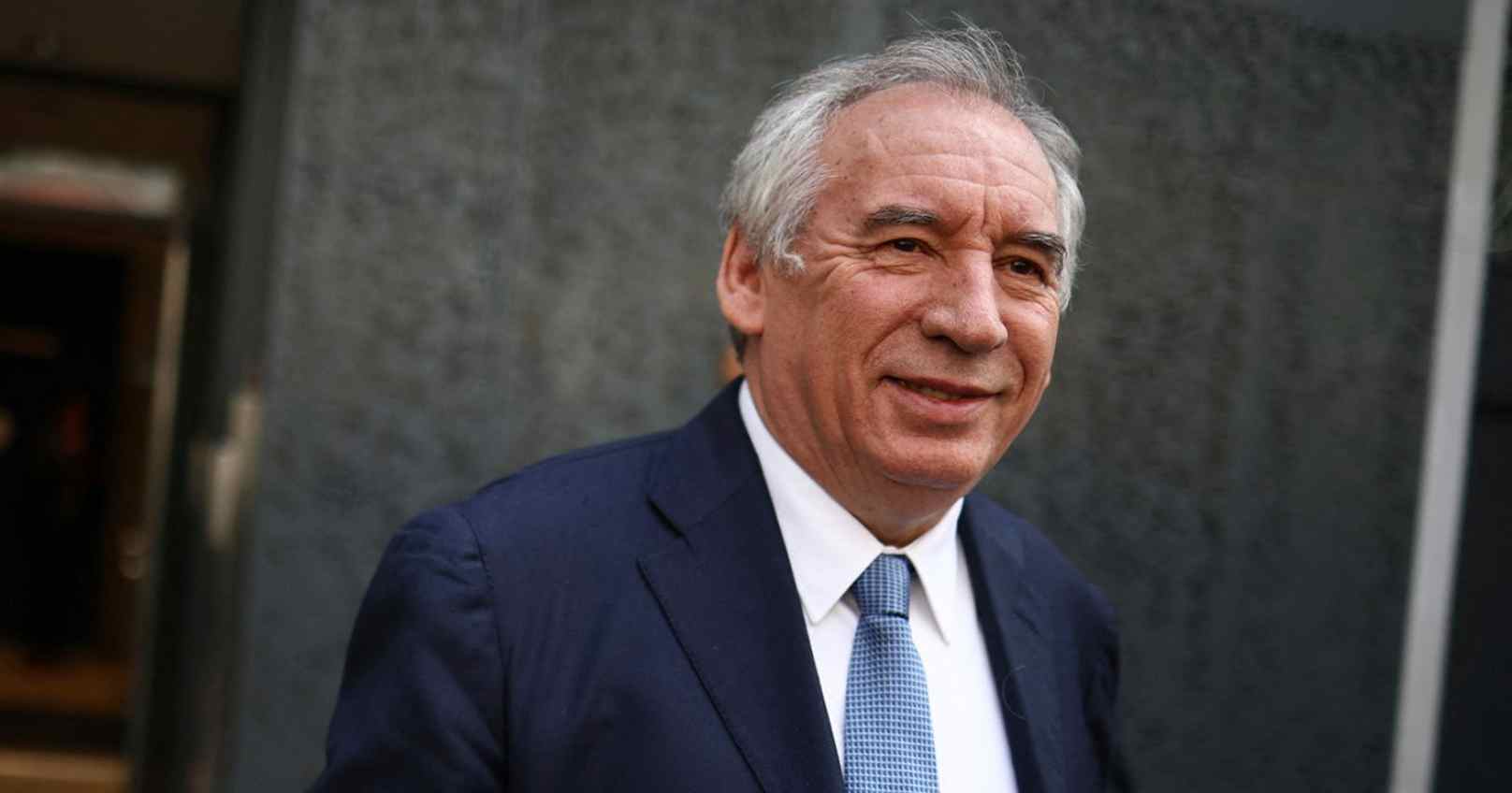French President Emmanuel Macron on Friday appointed Francois Bayrou as the country’s new prime minister, marking the third such appointment this year. Bayrou, a seasoned centrist and close ally of Macron, has been tasked with leading France out of its second political crisis in six months. His immediate challenge will be navigating the approval of a special law to extend the 2024 budget, while a more contentious battle over the 2025 budget looms early next year.
Bayrou’s predecessor, Michel Barnier, stepped down following parliamentary resistance to the 2025 budget plan, which ultimately led to the collapse of his government. Bayrou, 73, is expected to announce his cabinet in the coming days but will face a similar uphill battle in a deeply divided National Assembly. The hung parliament, split into three rival factions, has made governance increasingly difficult. Adding to Bayrou’s challenges is his close association with Macron, whose popularity has plummeted in recent months.
The ongoing political uncertainty has sparked concerns about Macron’s ability to complete his term, which ends in 2027. The turmoil has also affected France’s financial standing, raising borrowing costs and creating a leadership vacuum in Europe, as geopolitical tensions intensify globally.
In the aftermath of Barnier’s resignation, Macron sought to secure broad support for Bayrou, engaging with political leaders from across the spectrum, excluding the far-right National Rally and the hard-left France Unbowed. However, the involvement of the Socialist Party in any coalition could lead to additional financial concessions, potentially complicating the already fraught budget negotiations.
Avoiding an Early Election
Macron’s priority is to ensure Bayrou’s government survives at least until July, when a parliamentary election could be scheduled. A government collapse before then would not only trigger an election but also raise doubts about Macron’s presidency.
Bayrou, founder of the Democratic Movement (MoDem) party and a key figure in Macron’s ruling coalition since 2017, has a long history in French politics. Known for his rural roots as the former mayor of Pau, Bayrou previously served as justice minister in 2017 but resigned amid a fraud investigation involving his party. He was cleared of charges earlier this year.
His first significant challenge will come with the 2025 budget bill, which aims to implement austerity measures to address France’s rising deficit, currently at 6%. Barnier’s earlier proposal to save 60 billion euros was rejected by both far-right and far-left factions, exacerbating the political deadlock and fueling investor concerns.
While Bayrou’s experience may help stabilize the situation, his leadership will likely remain precarious, as he faces pressure from opposition forces in the fragmented parliament. For Macron, the stakes are equally high, as his government struggles to regain stability in the face of mounting challenges.







